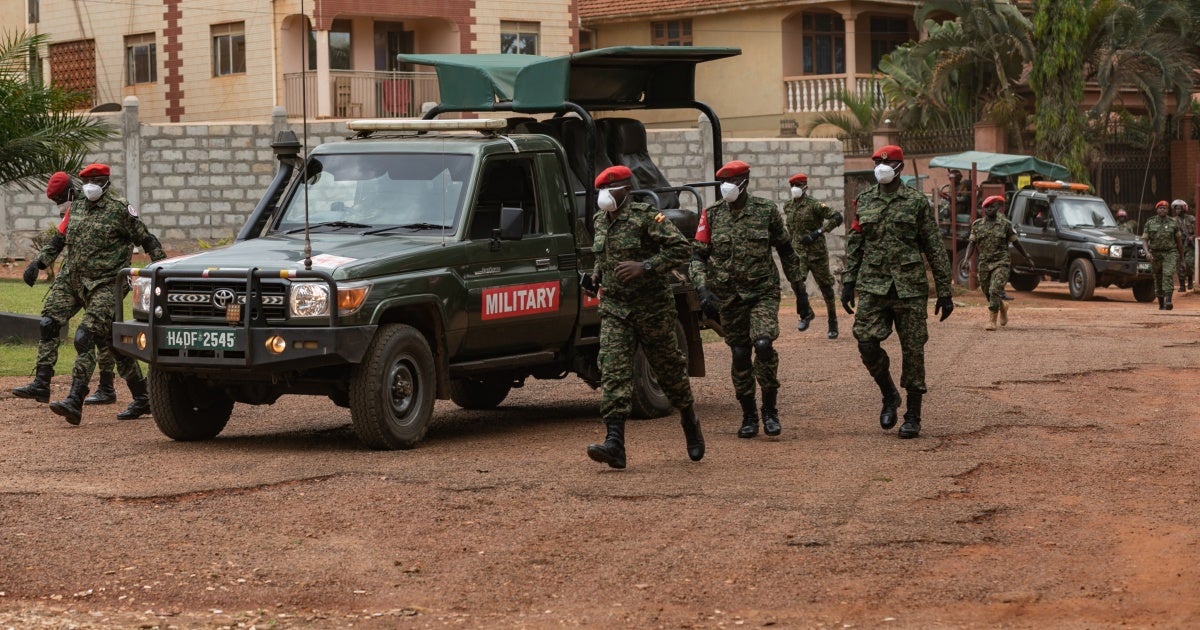Uganda’s parliament passed a bill on Wednesday allowing civilians to be tried before military courts.
The bill – known as the 2025 Uganda Peoples’ Defence Forces (Amendment) Bill – substantially revises Uganda’s military justice system. If signed into law by President Yoweri Museveni, it will allow military courts to try nonmilitary personnel for alleged crimes connected to the army, such as committing offenses in collaboration with soldiers.
In January 2025, the Supreme Court banned military trials of civilians, ruling that they were unconstitutional and that the courts lacked jurisdiction to try civilians. The African Commission on Human and Peoples’ Rights, in interpreting the African Charter on Human and Peoples’ Rights, has said that military courts “should not, in any circumstances whatsoever, have jurisdiction over civilians.”
The Supreme Court ordered the military to halt all ongoing trials of civilians and to transfer them to the civilian court system.
After this ruling, Museveni vowed to amend the country’s laws to restore military trials of civilians.
Human Rights Watch has documented military court trials of thousands of civilians in Uganda that have been marred by lack of due process, independence, and impartiality. The military courts have also long been used against Museveni’s political opponents, including former presidential candidate Kizza Besigye, who was charged in November 2024 with allegedly being in possession of guns and ammunition belonging to the military.
After the Supreme Court ruling, Besigye’s case was transferred to the ordinary courts. He remains in detention awaiting trial. Eron Kiiza, Besigye’s lawyer, had been sentenced in January to nine months in jail for contempt of court following an altercation with the military tribunal. The High Court released him on bail on April 4.
The revised law poses grave risks to the rights of political opposition ahead of the country’s general elections, scheduled for early 2026. The authorities have already stepped up repressive actions, beating and arbitrarily detaining journalists covering a by-election in the capital, Kampala, in March, and abducting opposition supporters.
Museveni should not sign this regressive law but instead stem the tide of repression against his political opponents ahead of the elections.




